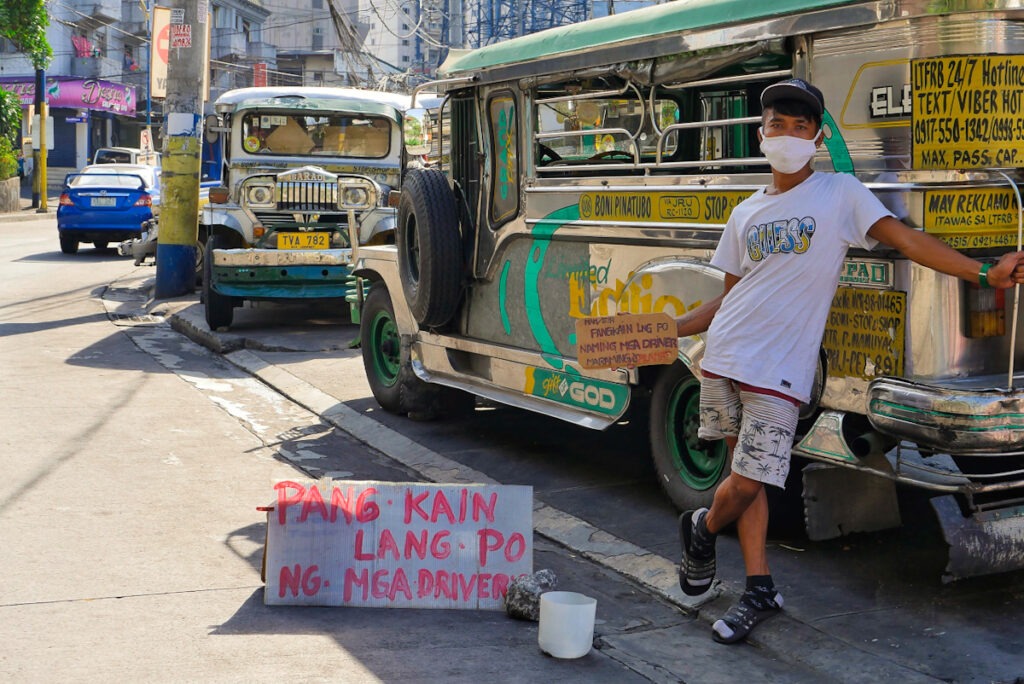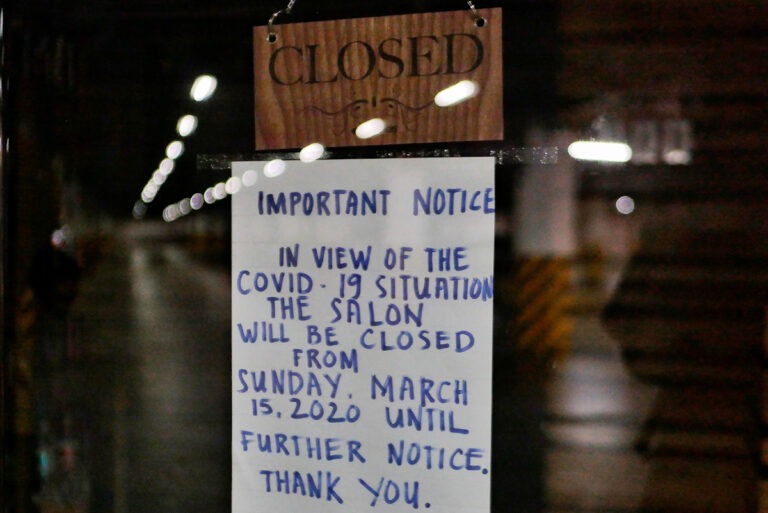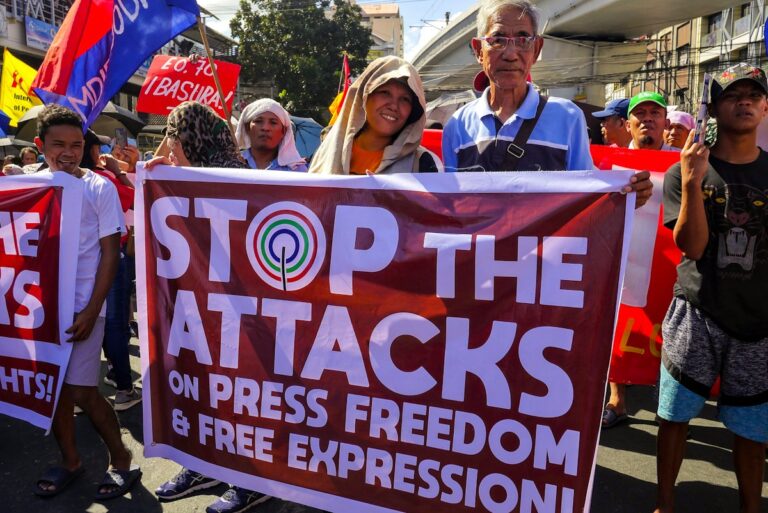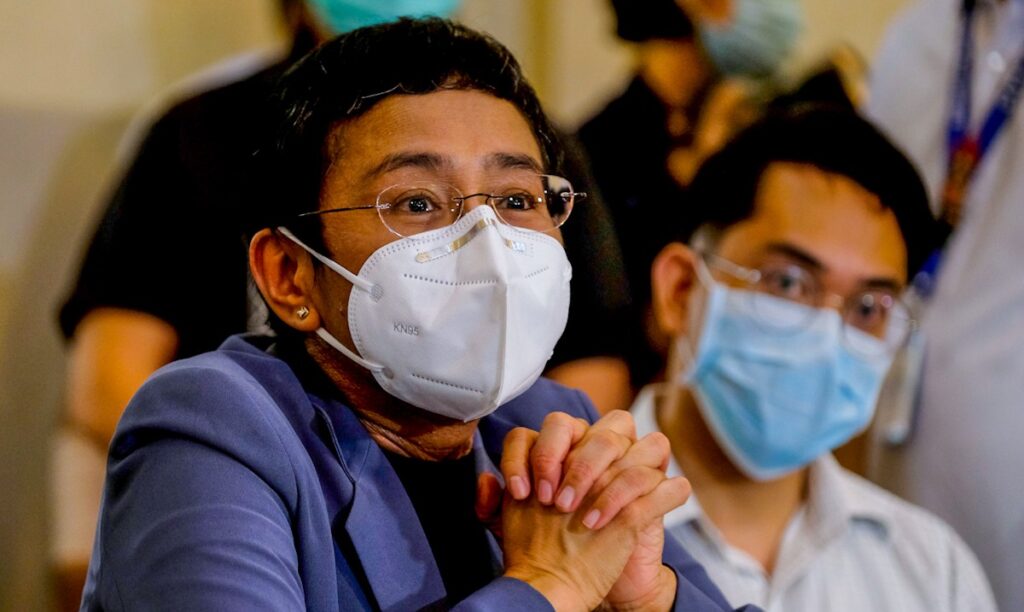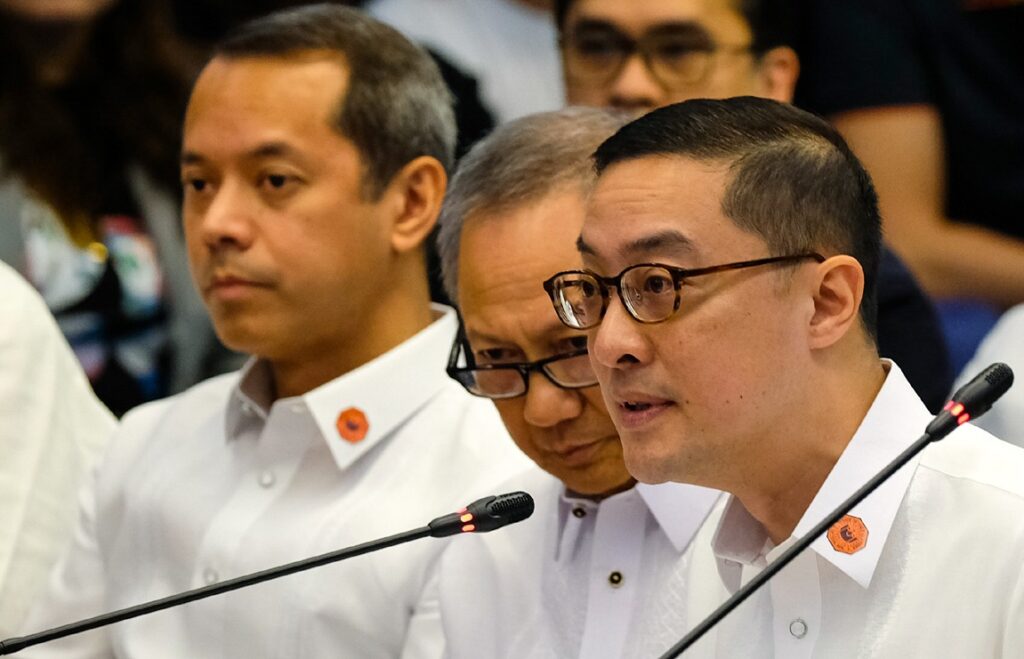PHILIPPINES. Manila. Virgin coconut oil (VCO) is known to have many health benefits. It´s touted as a fat burner, increases good cholesterol, promotes a healthy heart, and may also have antiviral effects. There is an abundant source of the product within the country. Locals even harvest the crop in a typhoon to produce virgin coconut oil.
Dr. Fabian Dayrit and Dr. Mary Newport presented their research on the potential use of virgin coconut oil against any disease at the World Coconut Day webinar on 2 Sept. of this year. Dr. Fabian Dayrit is the president of the Integrated Chemists of the Philippines and a professor at Ateneo de Manila University. He shows that the derivatives in virgin coconut oil can fight viral infection. The elements that act as antiviral agents are lauric acid and monolaurin.
Dr. Mary Newport is the author of The Complete Book of Ketones, where she writes virgin coconut oil can improve the cognitive function of patients with dementia and Alzheimer’s disease.
More than just a potential antiviral
Dr. Dayrit said, “The VCO is an antiviral, anti-inflammatory, and immunomodulatory agent.” His presentation suggests it can enhance neuroprotective factors. In this way it can help relieve the pain or reduce swelling to prevent inflammation.
Also, VCO is reputed to help boost the immune system and prevent further bacterial or viral infections. In vitro, the lauric acid could potentially enhance the immune system.
Human clinical trials
The Department of Science and Technology (DOST) approved the ₱9.8 million (US $201.7 thousand) budget to support four projects to cure COVID-19. Of this budget, ₱5 million (US $102.8 thousand) will be used in human clinical trials with virgin coconut oil.
PhilStar Global reports the positive results of the trials conducted in Santa Rosa, Laguna. Out of the 40 patient volunteers, 30 have already gone home after the treatment at Santa Rosa Community Hospital. The DOST Secretary Fortunato Dela Peña said, “About three-fourths have gone home already. It sounds good, but we need to wait until completion for the complete analysis.” Currently, the human clinical trial continues until an undetermined date in October or November.
Transcontinental Times asked the president of VCO Philippines about what comes next after the clinical trials finish. Marco Reyes said, “It is still premature to talk about its efficacy against COVID-19.” Dr. Dayrit added, “The doctors can now recommend it if the clinical trial is a success.” Regardless of the results of the trial, people can still take a tablespoon of virgin coconut oil after a meal as part of a healthy diet.









